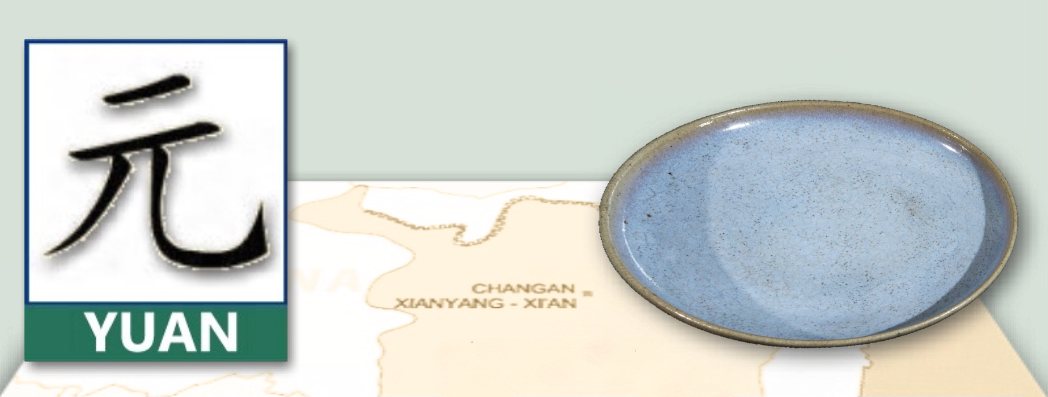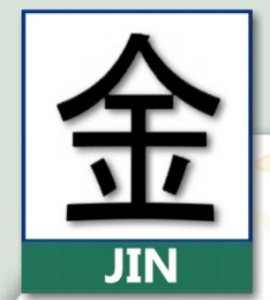1271 - 1368: Yuan Dynasty

Image above - Dish - Jun-glazed stoneware
Yuan Dynasty (1271-1368)
The Mongol ruler Kublai Khan founded the Yuan Dynasty (1271-1368) with a strong and large empire, becoming the first Emperor of China not of Han descent. He chose as its capital Dadu (today's Beijing), defeating the last resistance of the Southern Song, and establishing the "Great Yuan Empire."
In such a vast empire, the Yuan Dynasty developed trade with other states such as India, the Middle East and Europe, contributing to the cultural diversity of the empire. The most famous foreigner of that period was Marco Polo, who for 17 years admired the Chinese traditions.
Educated in the history and philosophy of China, since the early years of his reign, Khublai Khan adopted many customs of previous Chinese dynasties, such as the political administration and the use of Han names. The Yuan Dynasty was the first to use almost exclusively banknotes, given the scarcity of copper. In politics and administration, Khublai Khan asked advice from a Han council; encouraged science and religion; supported the market in the Silk Road, and wrote a letter in Latin to the Pope asking to send Christian missionaries to China.
Even Buddhism (Tibetan) and Confucianism flourished during the Yuan Dynasty, while Taoism suffered persecution.
In the arts, there was a development of the work of poetic form, and of landscape painting (birds and flowers). Craftsmanship and agriculture, which were the basic elements of the economy of Chinese civilization, suffered greatly due to the excessive military footprint typical of the Mongol empire. However, the ceramics of the Yuan Dynasty were exported in large quantities to distant locations, even to Northern Africa.
Zhu Yuanzhang conquered the capital Dadu - Beijingin 1368, expelling the Mongols from Central Plains of China, beginning the Ming Dynasty.



